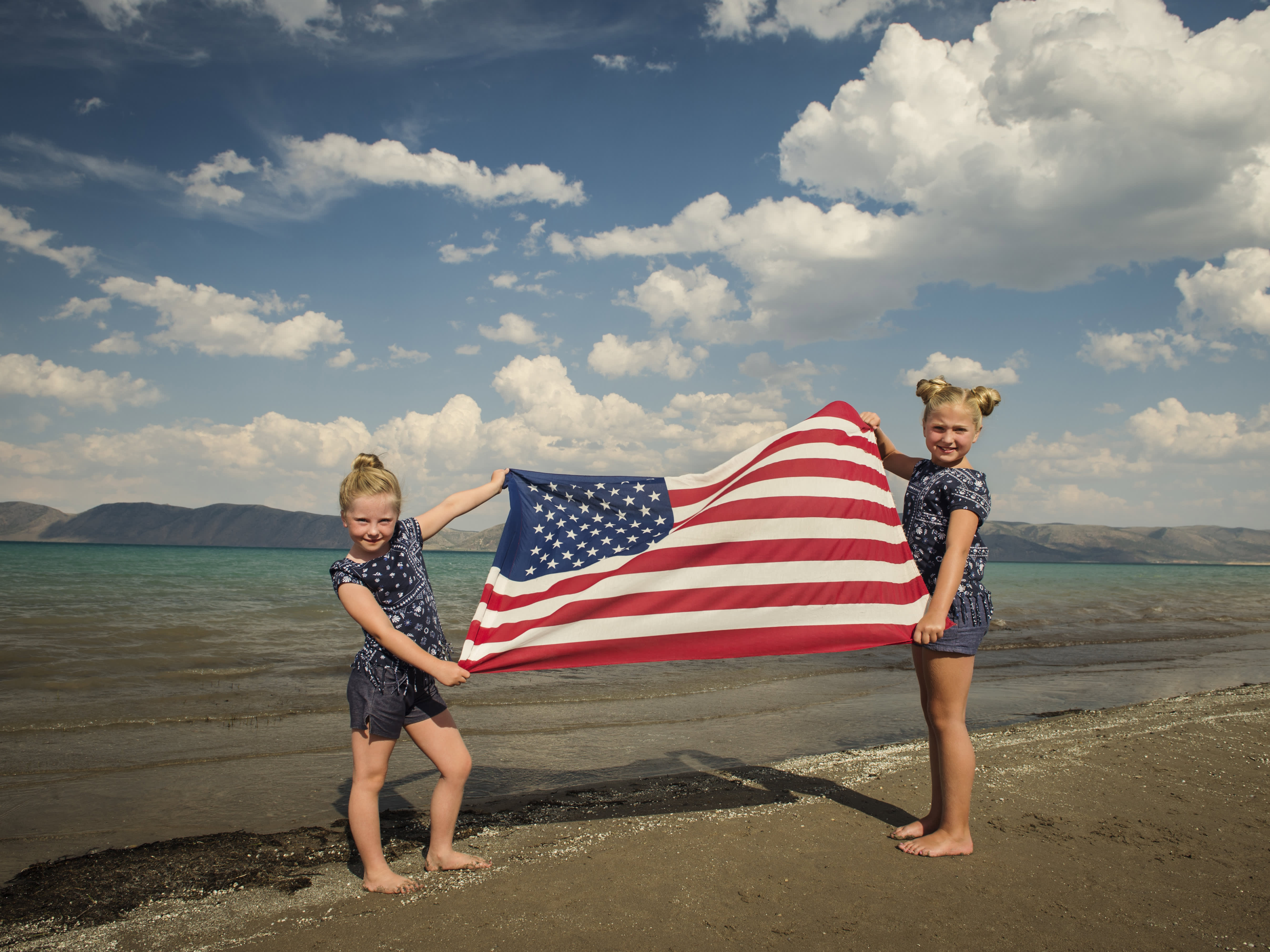Three sun-and-sand spots — California, Florida and Hawaii — account for a quarter or more of all flights and car rentals this weekend.
Erik Isakson | Tetra images | Getty Images
As people head into the long July 4 weekend, travel bookings are at last nearing pre-pandemic levels, according to a new analysis from TripIt from Concur, and it’s largely warm-weather coastal destinations that are drawing holiday vacationers.
“Airports, roadways, and lodging are looking more and more like the pre-pandemic ‘normal,'” said Jen Moyse, senior director of product at TripIt. “Reservations in TripIt for the Fourth of July show 85% recovery for car rentals and 64% recovery for lodging.”
More from Personal Finance:
As travel resumes, here’s why you might use a travel advisor
Price trumps pandemic fears as Americans book travel again
Sun Belt beach, city stays top travelers summer wish lists
(Domestic flights, however, have only achieved 51% of 2019 booking levels, although they’re up 146% compared to last year. International flights, unsurprisingly, have only reached 29% of 2019 levels.)
Why the relative surge?
“Vaccines have made travelers more confident,” said Moyse, noting that more than half of U.S. travelers surveyed by TripIt in April said getting a vaccination themselves was their top requirement for feeling comfortable flying again.
The travel firm found that three sun-and-sand spots — California, Florida and Hawaii — account for a quarter or more of all flights and car rentals this weekend.
“TripIt reservations show that these famous beach destinations have been popular since Labor Day Weekend 2020 as travelers have flocked to warmer weather,” Moyse said. “Whether it’s the extra vitamin D or outdoor activities where social distancing is easier, trips to the coast have been a staple of pandemic travel.”
Americans seem to be staying away from home a little longer now once they decide to hit the road, TripIt found. The average lodging stay in motels, hotels and resorts is now 4.11 days, up from 3.23 in 2019, and stays in vacation rentals are even longer, averaging at 5.83 days, up from 4.12 days two years ago.
“Compared to 2019, travelers are staying about a day longer at hotels and almost two extra days at vacation rentals,” Moyse said.
Trips to the coast have been a staple of pandemic travel.
Jen Moyse
senior director of product at TripIt
“Vacation rentals have been appetizing to some during the pandemic given the privacy they offer, and safety from crowds,” she added. “They’re also convenient lodging options in locations that are remote and don’t have as many hotels.”
And, while almost all travelers, 97%, stayed away seven days or less in 2019, more than 15% will stay longer than a week in 2021 — a six-fold increase.
Lodging and vacation rentals bookers are selecting slightly different destinations, according to TripIt. (See chart.) While destinations vary, travelers are staying at hotels and rental properties longer.
“While the top destinations for hotels include major cities like Las Vegas and New York, vacation rentals feature destinations a little more off the beaten path — places like Anchorage, Alaska and Kihei, Hawaii,” Moyse said.
More on TripIt’s findings and a list of its Top 25 July 4 destinations can be found on its website.

